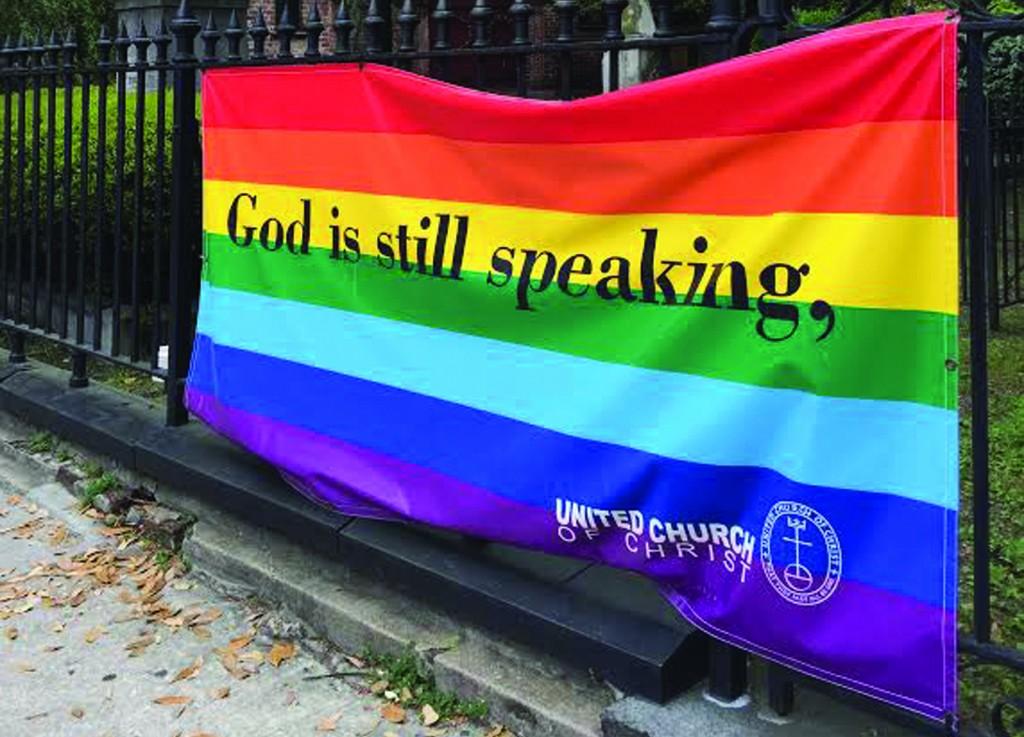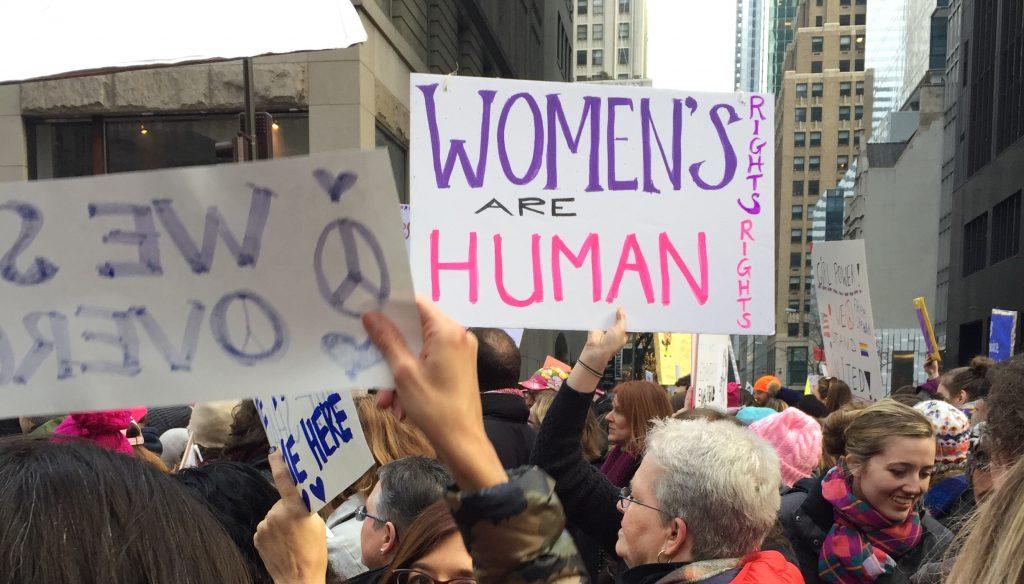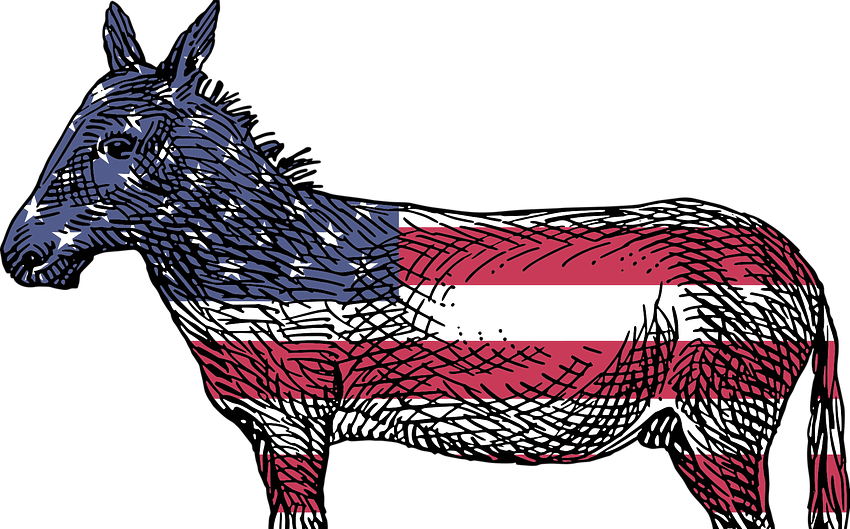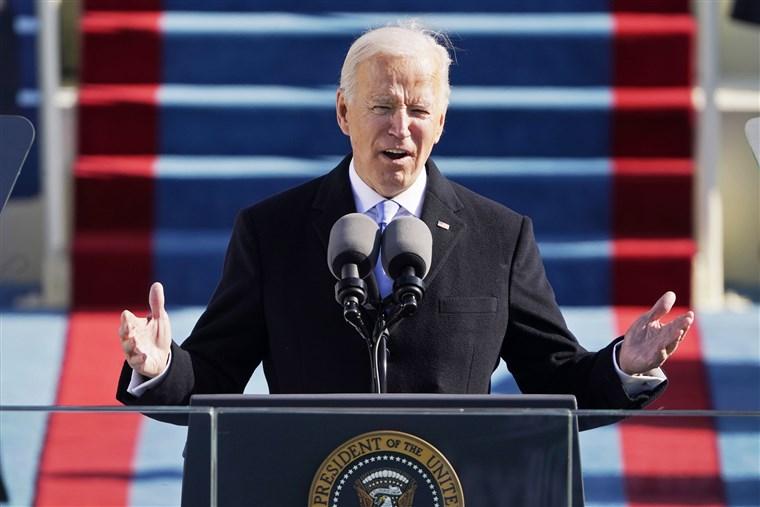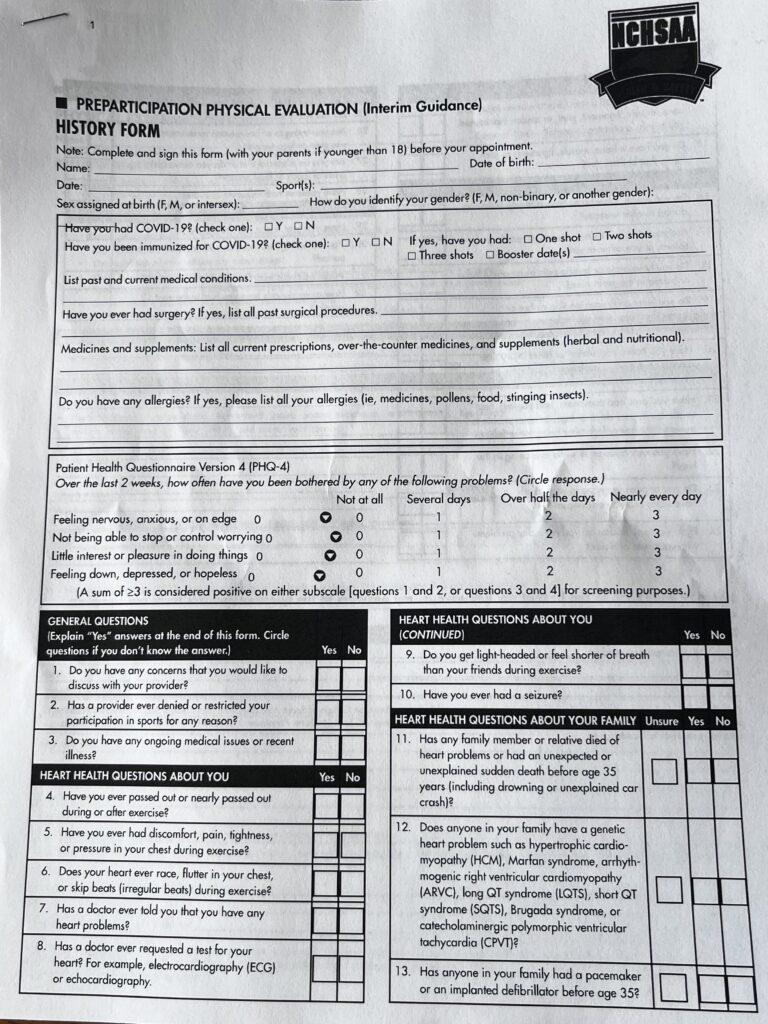What would Jesus do?” The oft-repeated Christian mantra has been on my mind as I think about the implications it brings with it.
Used often to prompt people into doing good deeds for others, “What would Jesus do?” is a familiar phrase to anyone associated or even familiar with the Christian faith. But right now I am concerned about what Christians do in the name of Jesus.
In March, Gov. Mike Pence of Indiana signed into law the “Religious Freedom Restoration Act,” which could have prompted disturbing consequences in that state. Under the new law, business owners reserved the right to refuse service to LGBT individuals. Even more disturbing was the possibility of medical workers, including emergency medical technicians, refusing to help LGBT individuals under the guise of “religious freedom.”
The law caused an uproar both in Indiana and across the country. The governor of Connecticut cancelled his visit to Indiana, and the governor of Washington banned all state-funded travel to Indiana. Major corporations threatened to boycott the state, and the National Collegiate Athletic Association, which was about to hold its men’s college basketball tournament in Indianapolis, expressed its displeasure with the law.
In protecting religious freedom, the law promoted discrimination. How can we, less than a century later, have already forgotten pictures of “No Jews Allowed” signs in the windows of Nazi Germany? And in an example even closer to home, how can we have forgotten “No Blacks Allowed” or “Whites Only” signs?
Will we soon be accustomed to “No Gays Allowed” or “Straights Only” signs? I certainly hope not. In response to the law, Senator and presidential candidate Ted Cruz of Texas said in a speech on the Senate floor that Gov. Pence is “giving voice to millions of courageous conservatives across the country who are deeply concerned about the ongoing attacks on our personal liberties.”
But what about attacks on the liberties of LGBT individuals in the “Land of the Free?” Must we return to the values of 60 years ago? Must we fight another fight to give basic human rights to people?
Since Gov. Pence signed the law, the Indiana legislature has amended it prohibit discrimination, but damage has already been done. Several states, including North Carolina, have had similar bills introduced in their legislatures. In 1993, the U.S, Congress passed a federal Religious Freedom Restoration Act, which, along with its amendment in 2000, strived to prohibit laws from “substantially burdening a person’s exercise of religion.”
However, many who signed the original law have expressed distress at the direction these new laws are taking. Many original proponents of the Religious Freedom Restoration Act never envisioned that such laws would be used to allow blatant discrimination. Being an adherent to one religion or another does not justify the hatred of and the discrimination against individuals or a group of people. In fact, most religions advise against judging or hating others. If the question you are attempting to live by is, “What would Jesus do?” then you would be desperately mistaken in promoting any law or ideal system that alienates others because of any external factor beyond their control.
Waving the cross emblazened banner of Christ and simultaneously justifying hatred and bigotry is a disturbing contradiction and certainly does not fulfill the long heralded phrase that encourages the imitation of Jesus.
The freedom of religion is one of the most beautiful elements of our country and our Constitution, but it was never intended to allow this kind of intolerance and injustice. As a strong advocate for the First Amendment, I recognize the importance of respecting the religion of others. But the First Amendment also protects our freedom from religion.
The very beginnings of our country were rooted in escaping the oppressive nature of government and the imposition of other people’s religion on the masses. As a nation we have struggled to live up to our self-proclaimed ideal of equality. Equal rights for all has long been our mantra, but many groups have, and are still, fighting for civil rights. We as citizens have no right to make this struggle more difficult or even unattainable. Jesus was an immigrant who was looked down on by the political and religious leaders of the time. He ate with those who were rejected by others and begged his followers to respect and love the entire human race. So this is a plea to my fellow Christians. Think about what the implications of your actions are, and think about what your religion really means. Next time you are tempted to support those laws or ideas that would take rights away from a certain group ask yourself, “What would Jesus do?”
By Olivia Slagle

